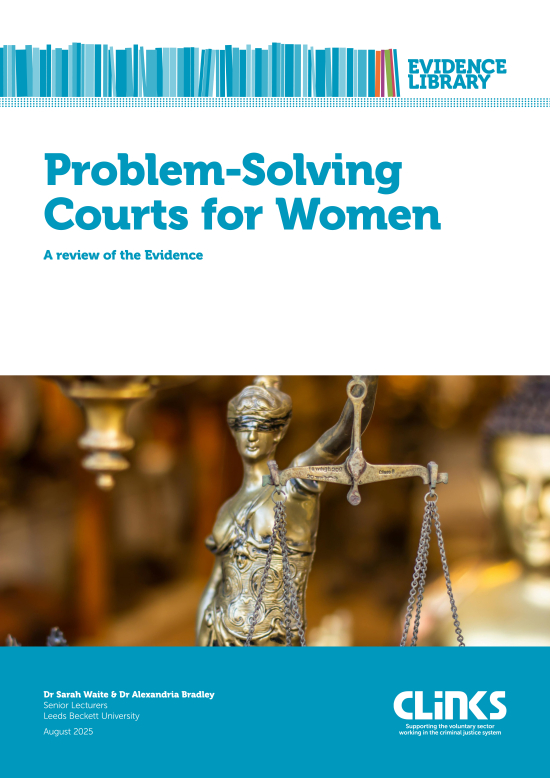
Problem-Solving Courts for Women
This evidence review provides an in-depth look at women’s problem solving courts (WPSC) which are endorsed by the Sentencing Review as an important component in preventing the unnecessary incarceration of women.
Dr Sarah Waite and Dr Alexandria Bradley review the evidence base – to which they are significant contributors – exploring the international context and covering the critical factors for success
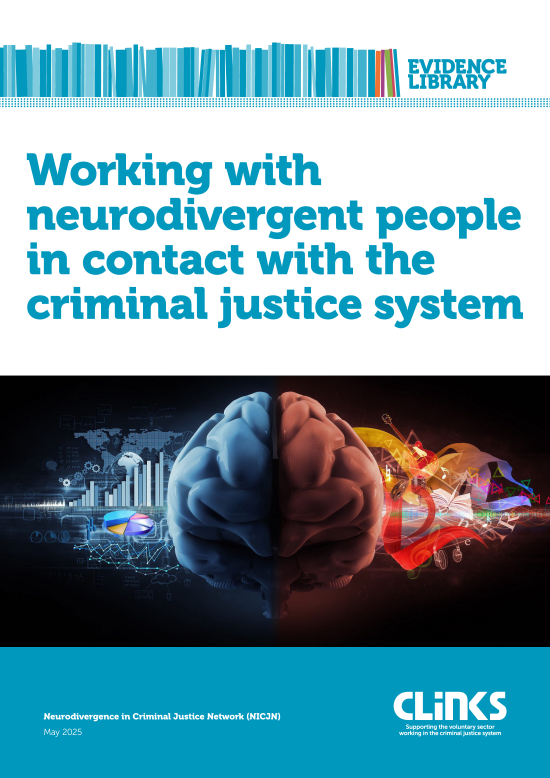
Working with neurodivergent people in contact with the criminal justice system
A number of members of the Neurodivergence in Criminal Justice Network (NICJN) examine the body of evidence related to fast-emerging issue of Neurodivergence within the criminal justice system.
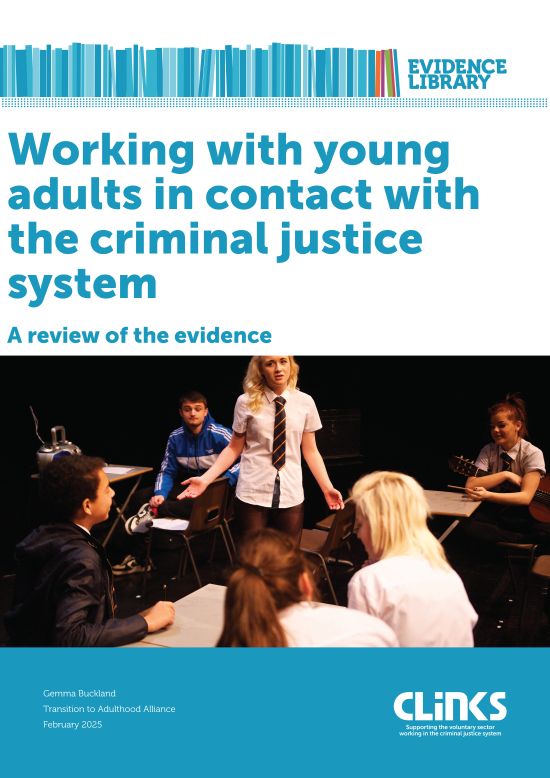
Working with young adults in contact with the criminal justice system - A review of the evidence
Gemma Buckland from the Transition to Adulthood Alliance, looks at the body of evidence on the maturation process and best practice in working with young adults.
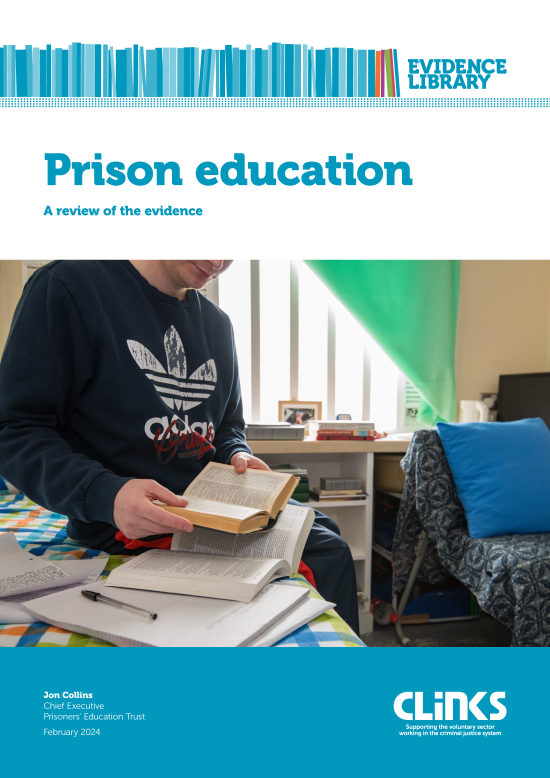
Prison education - A review of the evidence
Jon Collins, Chief Executive of Prisoners’ Education Trust, takes a look at the current state of prison education and the evidence base for the effectiveness of prison education.
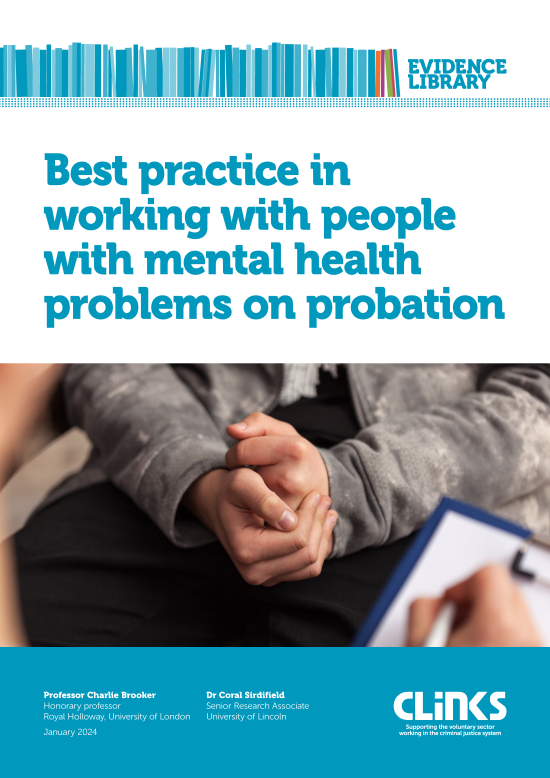
Best practice in working with people with mental health problems on probation
Professor Charlie Brooker and Dr Coral Sirdifield take an in-depth look at the barriers faced by people on probation suffering from mental health problems and what good quality care for this group looks like.
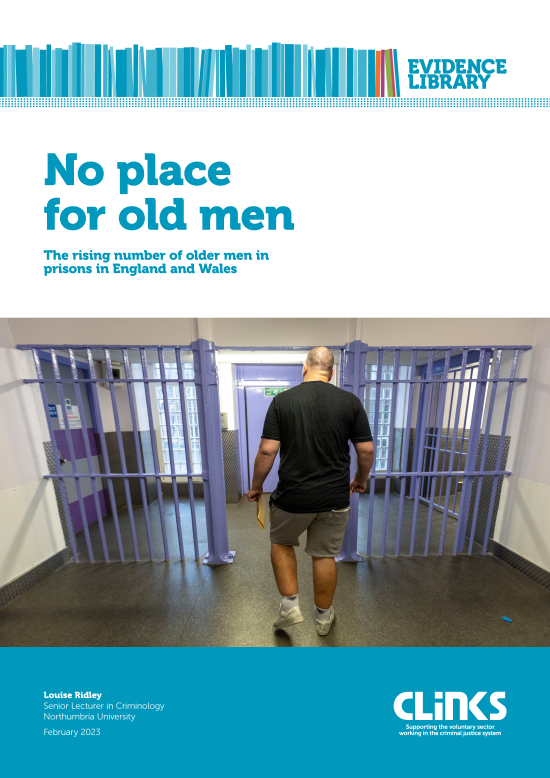
No place for old men
Louise Ridley provides an in-depth look at the issues and challenges of our ageing prison population and reviews the important role played by voluntary organisations, working collaboratively in prisons and improving the quality of life experienced by older people in prison.